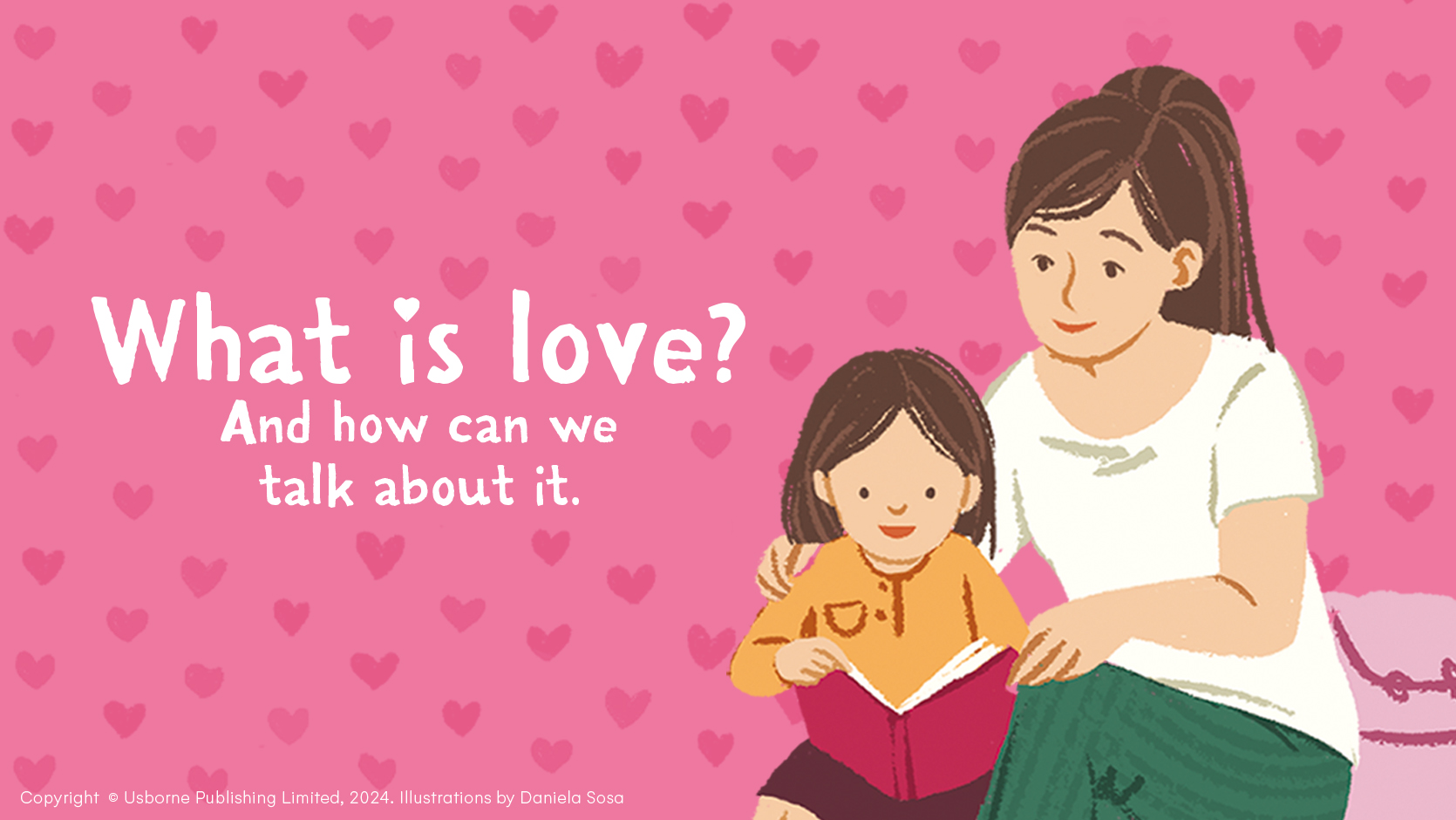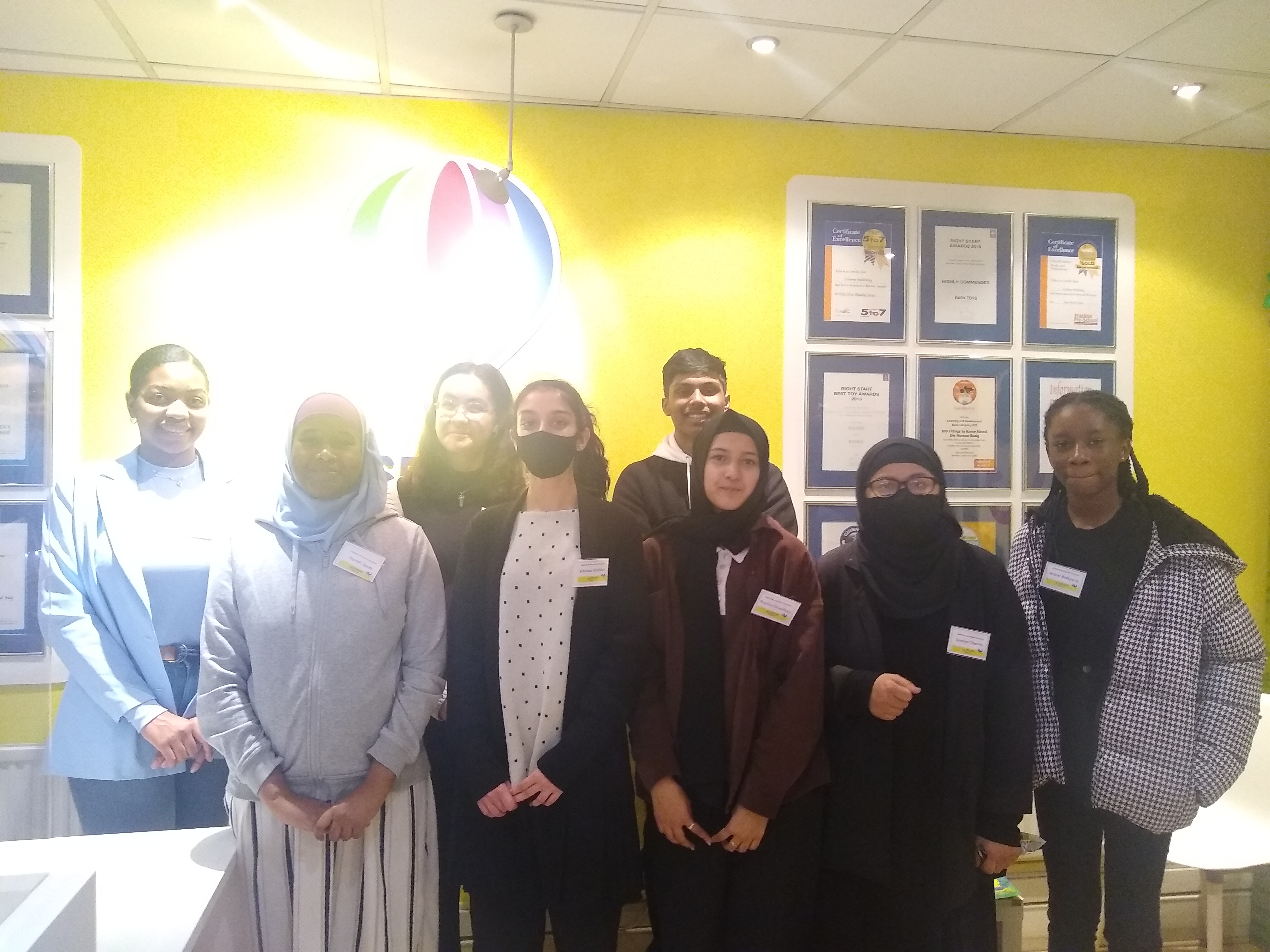- Behind the scenes at Usborne
Why we need diverse books

As a Megaphone editor (and Usborne editor!), I’m really EXCITED to catch you all up on their *super inspiring* event at this year’s London Book Fair.
But what’s Megaphone? I hear you cry. Spearheaded by Usborne author, Leila Rasheed, Megaphone is a pioneering writer development scheme, specifically aimed at BAME (Black, Asian or other Minority Ethnic) writers who would like sustained support as they write their first novel for children or teenagers. And as an “Ethnic Minority” (South Indian/Malay Mum, Suffolk/Swedish Dad), I am THRILLED to be a Megaphone Editor.
At this kickarse seminar, Leila Rasheed outlined the goals and aims of Megaphone, and then we were treated to five stellar pieces of sample writing from the uber-talented Megaphone writers themselves, (Nafisa Muhtadi, Joyce Efia Harmer, Danielle Jawando, Avantika Taneja and Tina Freeth). It was so AWESOME to hear such stunning, varied and rich storytelling from these writers, and it’s thrilling to think that Megaphone is helping to make their voices heard.
But perhaps some of you are still wondering…if the writers are that good, do we REALLY need organisations like Megaphone to ensure their voices are heard? Surely the best writing will always find an audience?
You’d hope so, right? But I’m not so sure. Growing up in rural Suffolk in the 80s and 90s, I spent much of my childhood feeling different from my peers. It wasn’t so much what I looked like - dark hair, dark eyes, olive skin = origin indeterminate but not that foreign. No, it was more the multi-coloured glass bangles, my gold Om necklace, creamy, brightly-coloured cakes from Ambala in the lunch box, and on Mondays and Fridays, the red splodge in the middle of my forehead from Mum’s prayers. In most ways, I was just like my friends; obsessed with Neighbours and NKOTB and Nancy Drew. But despite devouring almost a book a day from the age of eight, I never met a mixed-race character like me, or even encountered a family even slightly like mine between the pages of those books.
And what that suggested to me was that on some fundamental level I was weird, on the fringes, and it might be easier for me if I presented myself as a bit less Tamil, a bit more TopShop.
Think about it for a second. Imagine reading about the world reflected back at you, and not seeing yourself in it. Or, when you did, it being linked to a bloody civil war happening on the other side of the world….and (until M.I.A.) not much more…
Could you see how that might suggest that your story is not worth telling, because nobody is telling it?
How you might come away from that believing that you are not important. That you lack cultural significance?
And if that is the case, how could you ever begin to consider writing your OWN stories? Because who would ever want to read them?
As Leila Rasheed explained so eloquently in her seminar, if BAME readers do not see themselves represented in books growing up, is it any wonder that they start to question their right to belong in books, write books, or even join the community of book lovers.
And THAT is why we need more BAME writers, and THAT is why we need Megaphone.



